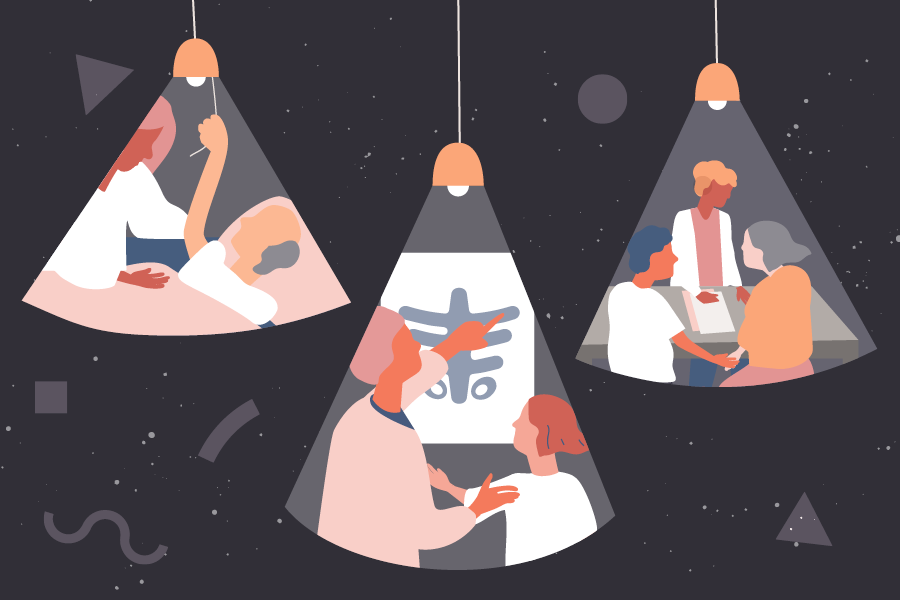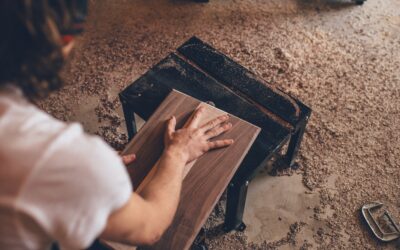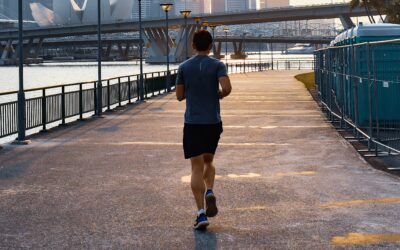David Robinson reflects on a day at the hospital. As Health and Social Care Secretary Wes Streeting consults on the future of the NHS, David makes the case for “critical synergy”. “We want the awesome science”, he says. “We also want good relationships – warmth and love and generosity”.

The hospital
The hospital is marking another anniversary with a corridor display of photographs from the early 1900s. Most are of children with bandaged heads. They stare into the lens, rigid and unsmiling. Were forehead injuries more of a thing in those days or just the only condition they knew how to treat?
Alongside the temporary display, the regular sign points to the Vascular Cardiac Lab, Nuclear Medicine and the Cardiac Catheterisation Suite. I remember my dad saying that he didn’t know anybody at the hospital anymore.
The days of GPs bandaging familiar heads in local wards with home grown daffodils and starched Matrons known to generations are long gone.
Dad was only with us then because of the advanced technology in modern regional centres where even the corridors look more like the teeming, gleaming concourse in an international airport. Or I imagine that they would do, were it not for the people…
The Man
A man approaches. His feet are bare. A thin white dressing gown hangs from stooped shoulders and a loose turban rests lightly on wispy grey hair. He holds his left side with both hands, in evident discomfort.
“Excuse me” he says hesitantly, moving alongside us in the corridor, “are you lost?”
“No” I say “we just went for a little walk”
“I do a lot of little walks” he says “I used to get lost. I thought I could help”.
He pauses, re-arranging his hands, carefully holding my gaze “I hope it’s ok”.
Lost and found
I suppose, in a manner of speaking, a lot of people are lost in hospital, bewildered, preoccupied, anxious and confused. The science here is astounding but it is the people that make it bearable.
Warm human hands lifted us softly up into the world. So will they bear us out. In between times, it is our relationships with one another that carry us forward, from the kindness of strangers through to the love of those with whom we travel for the longest portions of our lives.
Around every sterile corner in this almost overwhelming complex, bare foot human kindness is waiting to be found. The held silence and the careful words, the grip of the hand and the touch of the arm. Many people here do these things well, but some don’t do them at all.
Emergency
We pass the Waiting Zone for A&E. Patients are standing, leaning against the back wall. The second receptionist is terse and unhelpful. “I’m just doing my job,” she says. The young man is incoherent with anger. Neither breaches the notice above the desk “Abuse will not be tolerated” but both are getting very warm.
I remember a conversation with a CEO from another hospital. He told me how he divides his To Do list into 4 categories of urgency. The first two categories are simply defined: “people will die if I don’t do this today.” He seldom gets on to Category 3.
This, of course, is the real challenge, not just for the CEO or for the Minister but for all of us who care about the NHS. How to manage need now that we know more, so much more, than how to bandage heads.
The hospital tops the mountain. Beneath it, health care and social care is, or is not, delivered in a myriad of ways across the community from GPs and health workers to families, neighbours and friends.
How we care for one another before we reach this place and after we go home, how we live together, here in the hospital and out in the world, is ours to decide as well as theirs.
Critical synergy
So, are we lost? Of course we are lost. I try to remember the wisdom of Oliver Wendell Holmes. Later I will Google it: “I wouldn’t give a fig for simplicity on this side of complexity but I would give my life for simplicity on the other side”.
There are no easy binaries here but to the visiting eye there is simplicity beyond complexity. We want it all: We want the awesome science, all the shiny machines and death-defying medicine. We also want warmth and love and kindness.
Half of this critical synergy depends upon the mighty NHS. Half is down to us. We must each make room for the other.
I hope it’s ok.
Have your say
Here’s the online portal for participating in the NHS consultation. The DoH are vague about when the consultation closes saying only “the beginning of next year”. If you want to put forward your ideas, or register your opinions, we suggest you do it now.
More from us
Active Neighbours – Rachel
“What I love about what I do is the honesty of people and the kindness and how grateful the people are. It’s not about flash cars, it’s not about big houses – it’s literally just about spending time with people and having a bit of fun.”
Active Neighbours – Patricia
“Being useful […] It’s giving back to people that need it and giving time to people that need it more than me just sitting at home, and meeting people from all walks of life, and getting more involved in my area. It’s breaking down barriers, and I’ve really appreciated that. […] You think from the outset that you’re not going to gel with certain people, and then you’re surprised. Like at the end of the programme, you had people saying ‘we’ll see each other again soon’ […] I like being able to help in person. I’ve got really tired of Zoom”
Active Neighbours – Nick
“I saw that there was an NHS Responder app. I saw that, and […] I just wanted to get involved and kind of help out and do what I could – because I saw the NHS and all the lengths that everyone was going to […] And I saw quite a few community efforts on Facebook and I thought it was something I could do to help out with.”



